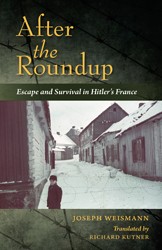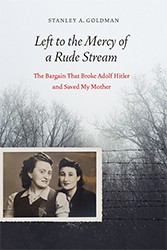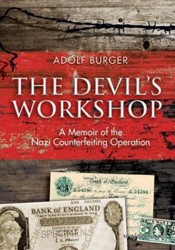By
– March 30, 2012
Countess Karolina Lanckoronska, a wealthy landowner and professor of art history, watched the Soviet Army march into Poland. Although she was descended from Germans on her mother’s side, and the family had spent many years living in Austria, she strongly identified as a Pole, and shortly after the invasion of Poland, had joined the Resistance. This woman was a devout Catholic; her religion helped greatly to sustain her. After her arrest and imprisonment in Ravensbrück, where her treatment varied from privileged to punishment, she taught art history in the camp and comforted as many women as she could. Her observations are extremely interesting, stemming as they do, from a Polish Christian, not a Jew. In the beginning of the Occupation, the Countess had much more to fear from the Russian invaders who begrudged “capitalists,” and especially from their Ukrainian puppets who hated the Poles, than from the Germans. Worried about the fate of the missing Polish intelligentsia, the Countess challenged the German commander as to their whereabouts and condition, soon to find herself in a cell, as well. In the beginning, her quarters were quite good, but as she refused to cooperate and challenged her captors, conditions degraded and the camp commander, Hans Krüger, continued to pressure her, suspecting that she was in the Resistance. Although this book is about the way Christian Poles suffered, she notes that the Jews were just murdered wholesale (and after the war offered to testify against Krüger, former Chief of the Gestapo in Stanislawow. Poland, charged with the mass murder of Jews). Eventually she was released to the International Red Cross and allowed to stay with her brother in Switzerland. Of everything in her memoir that impressed me, I marked her musings about German scholarship of the past, which follow: “I thought about German scholarship, to which I myself owed so much…And now these same Germans, by their very existence were disgracing the humanity to which they belonged. Who would be blamed for what was happening today? In this one camp, how many Krügers are there (men and women), not to mention the missions of passive Germans who, by their indifferent attitude, not only make possible but effectively support these unseen crimes?” Appendices, index of names, notes, photos.
Marcia W. Posner, Ph.D., of the Holocaust Memorial and Tolerance Center of Nassau County, is the library and program director. An author and playwright herself, she loves reviewing for JBW and reading all the other reviews and articles in this marvelous periodical.





